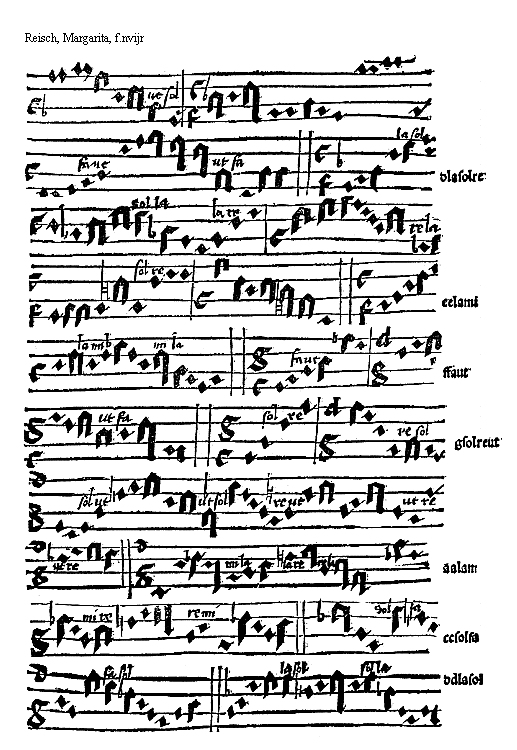

And they do not differ in any other ways, for they must belong to some common genus. They do not differ essentially, for every being is true by its very essence. But the true and being differ in no respect. Thing not the same differ in some respect. Sed verum et ens nullo modo differunt: quia non differunt per essentiam, cum omne ens per essentiam suam sit verum nec differunt per aliquas differentias, quia oporteret quod in aliquo communi genere convenirent. Praeterea, quaecumque non sunt idem, aliquo modo differunt.

For Aristotle writes: “The state of a thing in its act of existence is the same as its state in truth.” Therefore, the true and being are entirely the same. But the true and being are in the same state. Dicitur enim in II Metaphysic.: dispositio rei in esse est sicut sua dispositio in veritate. Praeterea, illa quorum est una dispositio, sunt eadem. It follows, therefore, that the true and being are entirely the same. Finally, the true is not a state which contracts or specifies being, for it is convertible with being. Therefore it is.” For one cannot say that a thing is white simply because it has white teeth. If it were, one could not say: “It is true. Similarly, the true is not a state that limits. Therefore, it is non-being”-as it follows when we say: “This man is dead. It is not a state that entirely corrupts-otherwise, this would follow: “It is true. If the true is not the same as being, it must be a state of being. Similiter non est dispositio contrahens, vel specificans: quia sic non converteretur cum ente. Similiter non est dispositio diminuens, alias non sequeretur: est verum, ergo est sicut non sequitur: est albus dentes, ergo est albus. Non enim est dispositio totaliter corrumpens, alias sequeretur: est verum, ergo est non ens sicut sequitur: est homo mortuus, ergo non est homo. Praeterea, si verum non est idem quod ens, oportet quod sit entis dispositio. Therefore, the true and being do not differ conceptually. Being, however can in no way be understood apart from the true, for being is known only in so far as it is true. For this reason, Boethius says that the existence of God can be understood if for a moment we mentally separate His goodness from His existence. Things which differ conceptually are so related to each other that one of them can be understood without the other. Ergo verum et ens non differunt ratione.ģ. Ens autem nullo modo potest intelligi si separetur verum: quia per hoc intelligitur quod verum est. Praeterea, quaecumque differunt ratione, ita se habent quod unum illorum potest intelligi sine altero: unde Boetius in libro de hebdomadibus dicit, quod potest intelligi Deus esse, si separetur per intellectum paulisper bonitas eius. Now, since the true and being are materially the same, it seems that they are also formally the same. It was said in reply that the true and being are the same materially but differ formally.-On the contrary the nature of a thing is signified by its definition and the definition of the true, according to Augustine, is ”that which is.” He rejects all other definitions. Cum ergo secundum id quod est, conveniant verum et ens, videtur quod sint idem ratione.Ģ. Sed id quod est, assignatur ab Augustino, ut definitio veri, quibusdam aliis definitionibus reprobatis. Contra, ratio cuiuslibet rei est id quod significatur per suam definitionem.

Respondens dicebat quod sunt idem secundum supposita, sed ratione differunt. The true, therefore, means exactly the same as being. Augustine says: “The true is that which is.” But that which is, is simply being. Ergo verum significat omnino idem quod ens.ġ. It seems that the true is exactly the same as being, forĪugustinus in Lib. Et primo quaeritur quid est veritas?ĭifficulties Videtur autem quod verum sit omnino idem quod ens. Is every other truth from the First Truth? Is truth as applied to God predicated personally or essentially?Ĩ. Is some truth besides the First Truth eternal?ħ. Is there only one truth by which all things are true?ĥ. Is truth only in the intellect joining and separating?Ĥ. Is truth found principally in the intellect or in things?ģ. Octavo utrum omnis veritas sit a veritate prima.ĭuodecimo utrum falsitas sit in intellectu.Ģ. Septimo utrum veritas in divinis dicatur essentialiter vel personaliter. Quinto utrum aliqua alia veritas praeter primam veritatem sit aeterna. Quarto utrum sit tantum una veritas qua omnia sunt vera. Tertio utrum veritas sit tantum in intellectu componente et dividente. Secundo utrum veritas principalius inveniatur in intellectu quam in rebus. Question One: Truth Primo quid est veritas.


 0 kommentar(er)
0 kommentar(er)
